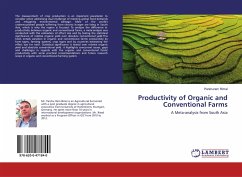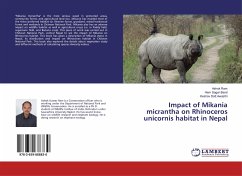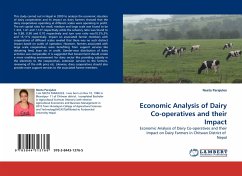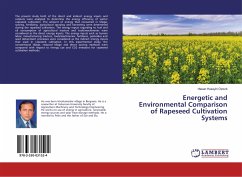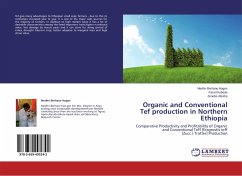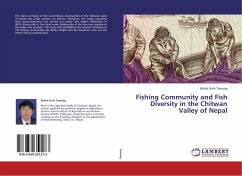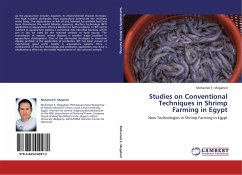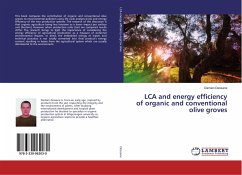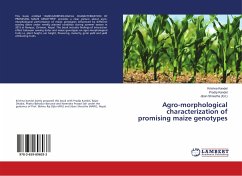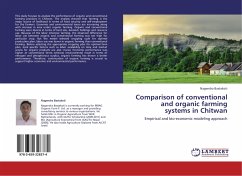
Comparison of conventional and organic farming systems in Chitwan
Empirical and bio-economic modeling approach
Versandkostenfrei!
Versandfertig in 6-10 Tagen
32,99 €
inkl. MwSt.

PAYBACK Punkte
16 °P sammeln!
This study focuses to analyze the performance of organic and conventional farming practices in Chitwan. The analysis showed that farming is the major source of livelihood in terms of food security and self-employment for the farmers. Economic and environmental issues are increasing along with increase in area under organic farming. Organic and conventional farming were diverse in terms of land size, livestock holdings and resource use. Because of the labor intensive farming, the observed difference for labor use between organic and conventional farming was not high for particular crop. But the...
This study focuses to analyze the performance of organic and conventional farming practices in Chitwan. The analysis showed that farming is the major source of livelihood in terms of food security and self-employment for the farmers. Economic and environmental issues are increasing along with increase in area under organic farming. Organic and conventional farming were diverse in terms of land size, livestock holdings and resource use. Because of the labor intensive farming, the observed difference for labor use between organic and conventional farming was not high for particular crop. But the model selected cropping cycle for optimal production plan; labor use was lower in organic farming than conventional farming. Before selecting the appropriate cropping plan for optimal farm plan, local specific factors such as labor availability on time and market access for organic products are also crucial. Economic performance was higher at conventional farms whereas environmental result in terms of nitrogen and phosphorous surplus, organic farming has shown a better performance. Therefore, continuation of organic farming is crucial to support higher economic and environmental performance.



